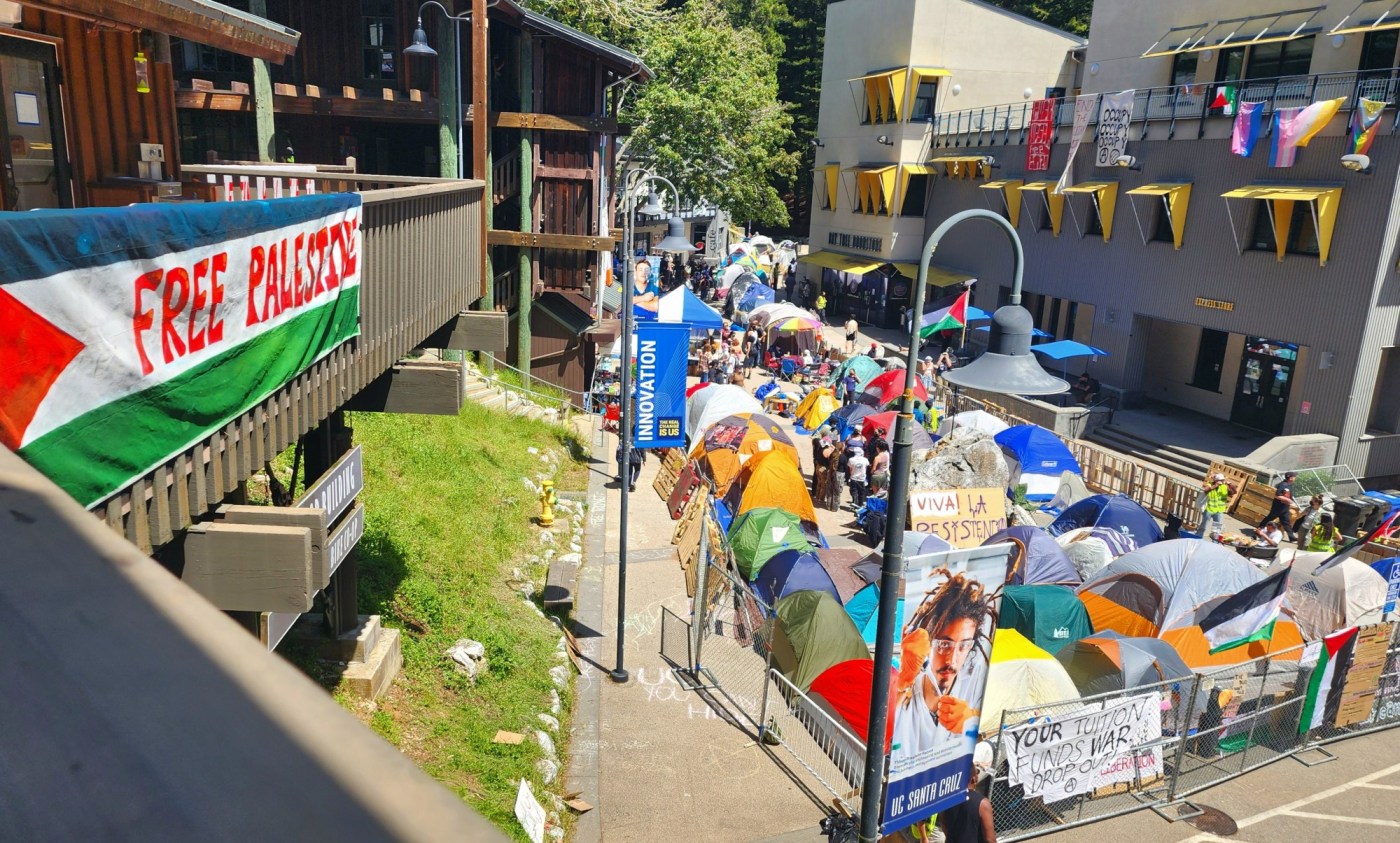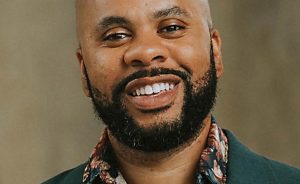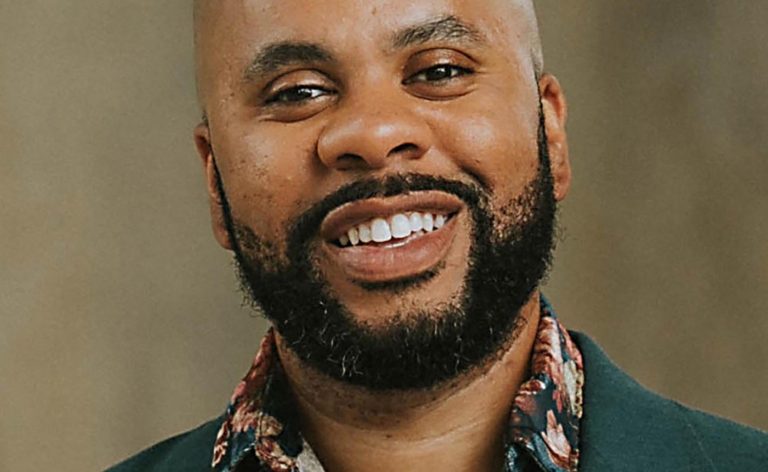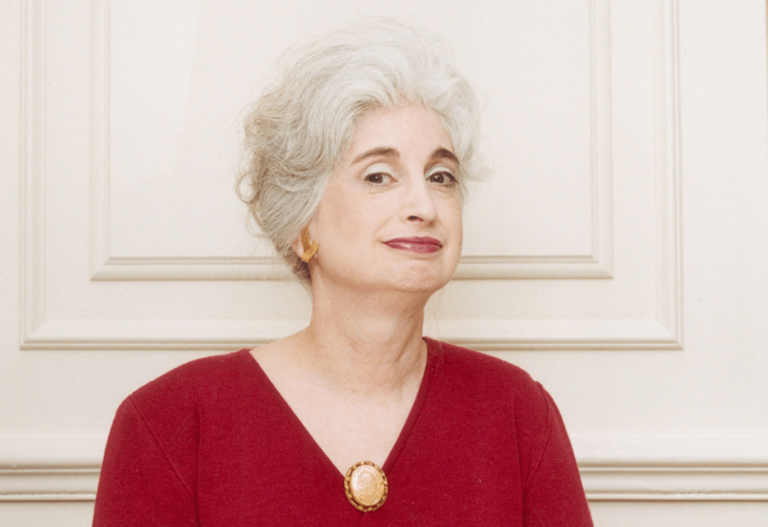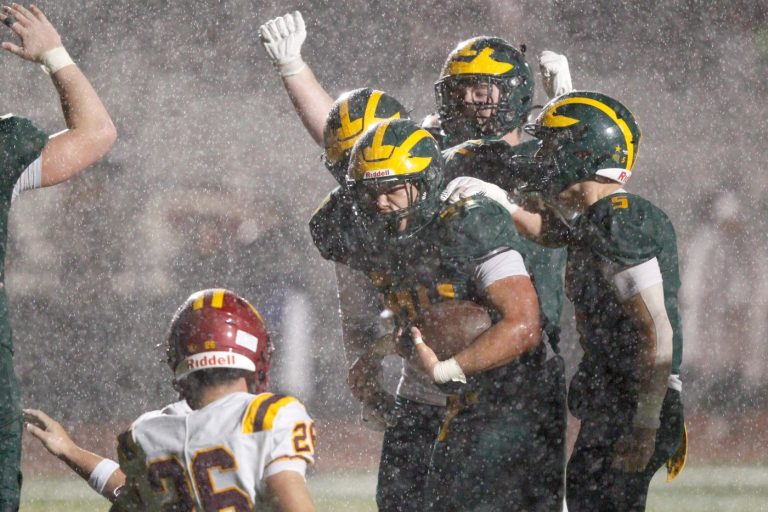SANTA CRUZ — Hundreds of UC Santa Cruz students gathered at Quarry Plaza on the university’s campus around noon Tuesday and swiftly set up a Palestine solidarity encampment similar to those that have formed on college campuses across the state and the country.
Related Articles
UCLA hoped to avoid police crackdown on protesters. What went wrong?
Today’s campus protests not as big or violent as last century
Report: NYPD officer fired gun while clearing Columbia building
Three injured in confrontation between UC Berkeley protest groups
UCLA pro-Palestinian encampment left in a rubble as students vow campus protests ‘are not over’
“The community really showed up,” said Dax Costello, media liaison with the student encampment. “We saw yesterday that the community doesn’t think in the same way that the administration does and that the community here is deeply affected by what is happening to people in Gaza.”
According to the Associated Press, in recent weeks, more than 2,000 protesters have been arrested as of Thursday at universities across the U.S. including those at the University of Texas at Austin, the University of North Carolina Chapel Hill, and California State Polytechnic University, Humboldt.
Student protesters are gathered to highlight the deaths in the Israel-Hamas war, call for the liberation of the Palestinian people and demand that universities stop doing business with Israel or companies that support the war in Gaza.
The Associated Press reported that nearly seven months of Israeli bombardment and ground offensives in Gaza have killed more than 34,500 Palestinians, according to local health officials, and sparked a humanitarian catastrophe following the Hamas attack on Israel Oct. 7. The war has driven around 80% of Gaza’s population of 2.3 million from their homes, caused vast destruction in several towns and cities and pushed northern Gaza to the brink of famine.
Numerous flags, posters and placards were placed around the Palestine solidarity camp organized by students at UC Santa Cruz. (Aric Sleeper/Santa Cruz Sentinel)
Costello mentioned that the encampment was launched on May Day in part to show solidarity with workers alongside Palestinians.
“To us, the exploitation of the worker and the brutalization of the colonized people are the same,” said Costello. “That mentality that puts profit above human life is what we are fighting here and that’s what they’re fighting in Gaza.”
“Our action is really grounded in community and peace and love,” added student encampment media liaison Savvy Lane. “We want to make it known to the university that we refuse to have our tuition dollars fund this genocide.”
Around noon in Quarry Plaza on a sunny Thursday — the second day of the encampment — student-organized security members remained vigilant of the encampment’s perimeter and everyone entering and leaving the long-term gathering.
“We have security up all night long,” said Lane. “They are working diligently to keep an eye on everything and keep everyone informed. They are amazing.”
Despite the peaceful air of Thursday’s gathering, the cafe and bookstore within the plaza were closed — with the decision to shut down Bay Tree Books occurring just before noon. UCSC campus security officers hover around the outskirts of the encampment, but have not interfered with the gathering.
Assistant Vice Chancellor Scott Hernandez-Jason told the Sentinel in a statement that the university supports free speech and is primarily concerned with students’ welfare.
“The safety and well-being of our students is our highest priority,” said Hernandez-Jason. “We are actively monitoring this situation to support a campus environment that supports our community’s right to free expression while also allowing our teaching and research mission to continue.”
Outside of the camp’s hodgepodge perimeter, composed of wooden pallets and temporary metal fences, the organizers posted their list of demands, which include a “full and complete divestment of the University of California’s funds from war” elaborating that means weapon manufacturers, the U.S. military and corporations.
The second demand is to “reinvest funds to improve students’ quality of life,” in the form of providing housing, meals and reliable transportation for students. And finally, the students demand an “end to administrative overreach and censorship.”
According to Savvy, the encampment, which contains a medical tent, library and plenty of food and water, will feature teach-ins and talks from organizers and faculty for about a week. However, protesters and organizers do not plan to disperse after the initial programming is over, according to Lane.
“We don’t want the university to think that they can silence us,” said Lane. “We are here until the end and we refuse to be complicit in their behavior. We are not going to leave until they recognize us and our demands.”
Although she was not involved with organizing the gathering, UCSC freshman Celeste Jones said that the Palestine solidarity encampment was something she was hoping to see as others recently sprang up on campuses across the country.
“I was waiting for this to happen here,” said Jones. “I am really excited that we are a part of this now. I want to see meaningful change. I want our voices to be heard and our demands met.”
